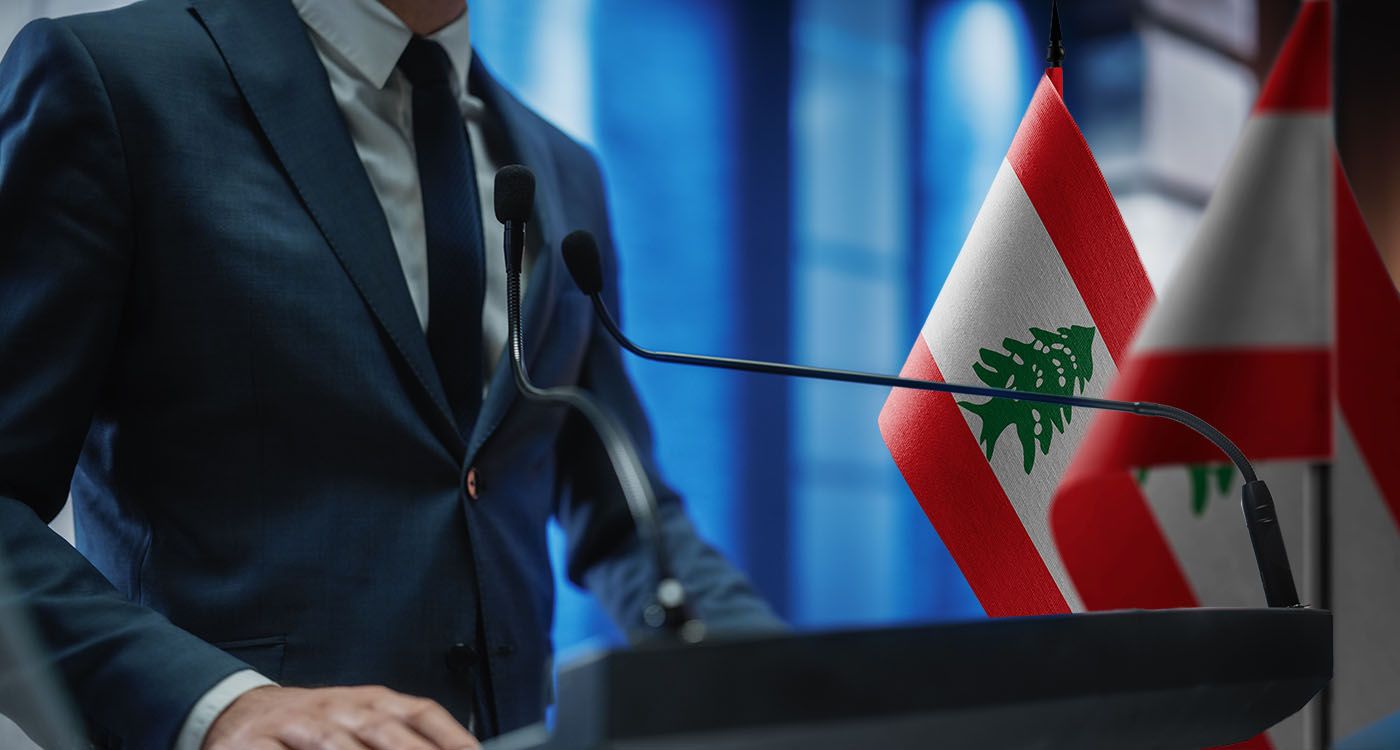
For several years, Lebanese embassies worldwide have operated under interim leadership, exposing the deep institutional paralysis gripping the country. Often led by chargés d’affaires or temporary diplomats, many key posts remain vacant — a symptom of Lebanon’s chronic political dysfunction fueled by sectarian power-sharing and ongoing political interference.
Today, amid growing international pressure, a new wave of diplomatic appointments appears to be nearing finalization, according to ministerial sources interviewed by This is Beirut. “We expect the appointment decree to be issued within the next two to three weeks, as some administrative details are being finalized,” said the sources. “This is remarkable progress, given that under normal circumstances, such a process could take six months to a year.”
While this diplomatic renewal seems imminent — nearly six years after the last appointments in 2017 — it raises two critical questions: how did this deadlock persist for so long and what tangible impact can be expected from its resolution?
Diplomacy Held Hostage by Political Interference
With 80 diplomatic missions abroad, including 65 embassies and 15 consulates general, Lebanon maintains a dense network — an inheritance of its history and its large diaspora.
Yet since 2019, a prolonged freeze in official appointments has severely weakened Lebanon’s ability to safeguard its interests abroad, negotiate critical agreements, support its diaspora and sustain bilateral relations. This stagnation has gradually eroded the country’s voice on the international stage.
In principle, the process is straightforward: the Ministry of Foreign Affairs drafts a list of proposed assignments for the Council of Ministers’ approval. In practice, however, every appointment becomes a battleground for political factions demanding “their share” of ambassadorial posts — a struggle deeply rooted in Lebanon’s confessional power-sharing system. Prestigious embassies — such as those in Washington, Paris, Riyadh, Cairo, Rome and the United Nations offices in New York and Geneva — are especially contested, as they are often staffed independently of the regular civil service.
Since the last reshuffle in 2017, multiple attempts to finalize appointments have stalled at the last moment. “In 2019, then-Minister Gebran Bassil blocked nominations because the political realities didn’t align with his interests,” explained a source close to the process. "Later, in 2020, the Foreign Ministry under Nassif Hitti also failed in this mission due to political interference and pressure from Bassil to appoint individuals affiliated with the Free Patriotic Movement (FPM)," the source continued. It added that "the process also failed in 2022, with Abdallah Bou Habib (a close FPM ally) heading the ministry."
Compounding these challenges, some diplomats have remained in their posts for over a decade, often with tacit political backing. Internal disputes within the Ministry, favoritism and clientelism have further hampered progress.
The nearly two-year presidential vacancy between 2022 and early 2025 also delayed strategic decisions, prolonging the diplomatic paralysis.
Toward a Diplomatic Breakthrough?
Today, a rare political opening seems to be emerging. Multiple diplomatic sources confirm that a draft plan to rotate about thirty “strategically important” positions is near completion. This reshuffle aims to resolve internal tensions within the Ministry of Foreign Affairs and signal Lebanon’s intent to reengage internationally.
Yet, some observers caution the changes may be partial, with key appointments postponed amid lingering political deadlock. Career diplomats continue to call for greater transparency, meritocracy and professionalism, decrying last-minute political maneuvers by ruling factions.
The Council of Ministers is expected to take up the matter soon. Whether Lebanon’s fragile political balance will hold long enough to see it through — or whether the reshuffle will once again be shelved, joining the long list of decisions paralyzed by an elusive consensus — remains uncertain.




Comments